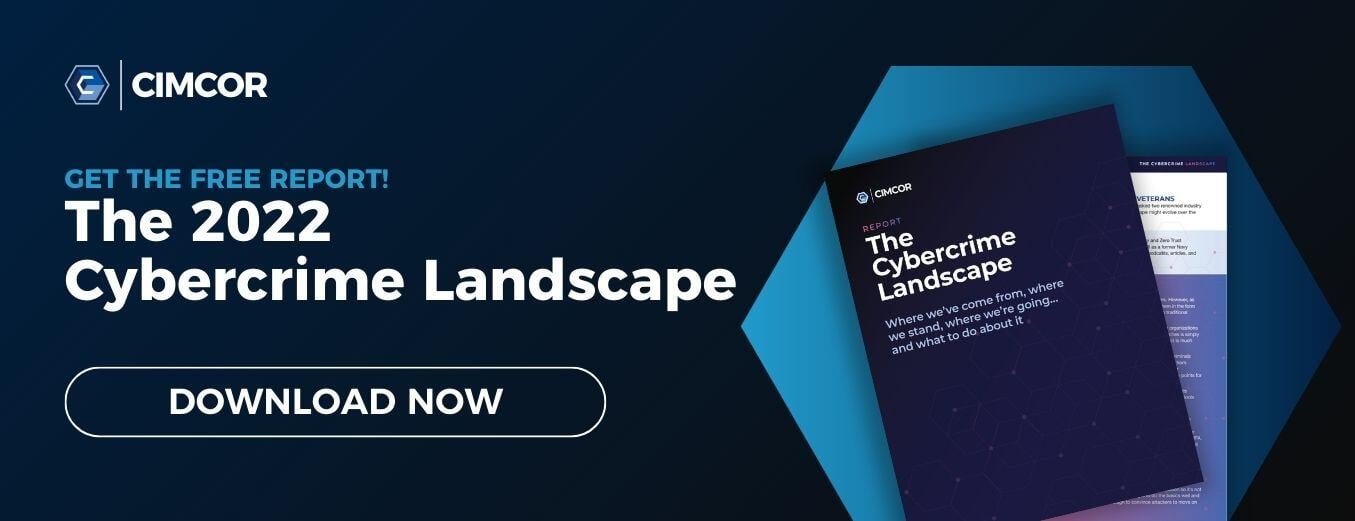As a cybersecurity professional, it's crucial to shed some light on the under-reported news of the recent Microsoft hack. On July 11th Microsoft and CISA revealed a security incident that impacted several Exchange Online and Outlook.com customers. The breach, attributed to the Storm-0558 threat actor from China, involved obtaining a private encryption key (MSA key) to forge access tokens for OWA and Outlook.com. However, the extent of the attack was more significant than initially thought, and it may have affected multiple Azure Active Directory applications. This breach poses significant risks to national security, personal privacy, and corporate data.
Staggering Implications
The stolen encryption key used by the hackers granted them unprecedented power. Unlike common TLS keys, requiring server impersonation, the compromised MSA key granted immediate, unrestricted access to critical systems. The threat actor could now immediately and silently infiltrate email accounts, cloud resources, and essential files, all without ever leaving a trace.
Threat to Azure Users
Though Microsoft acted swiftly to revoke the compromised key, organizations may still be at risk due to previously established sessions. The threat actor had the time and resources to establish persistence, creating backdoors or issuing application-specific access keys. Applications that retained cached keys and trusted the compromised key before the revocation remain vulnerable to token forgery.
What If?
To better understand the potential dangers, let's imagine a scenario. Using a compromised key a malicious actor gains access to a government agency's email accounts, wielding the power to clandestinely access and leak confidential information. With the ability to forge emails, they could orchestrate disinformation campaigns that impact diplomatic relations and manipulate critical decisions, causing widespread chaos and public distrust. This is just one example that highlights the serious risks this breach poses to national security, personal privacy, and critical systems' integrity.
How CimTrak Can Help
For enterprises dealing with the aftermath of an attack or worried about compromise, CimTrak's real-time proactive integrity monitoring becomes an invaluable asset, detecting anomalies, unauthorized changes, and suspicious activities with ease. Additionally, CimTrak offers roll-back and remediation, so you can return to a previously trusted baseline of operation in seconds.
Conclusion
This hack is an alarming wake-up call to fortify cybersecurity measures across all industries. As organizations and individuals rely increasingly on cloud services, bolstering security protocols and adopting proactive solutions like CimTrak are paramount to ensure data privacy, protect national security, and maintain business continuity.
For more information on the current state of cybercrime and how to prepare your organization for security incidents, download our report The Cybercrime Landscape.
Tags:
August 8, 2023




